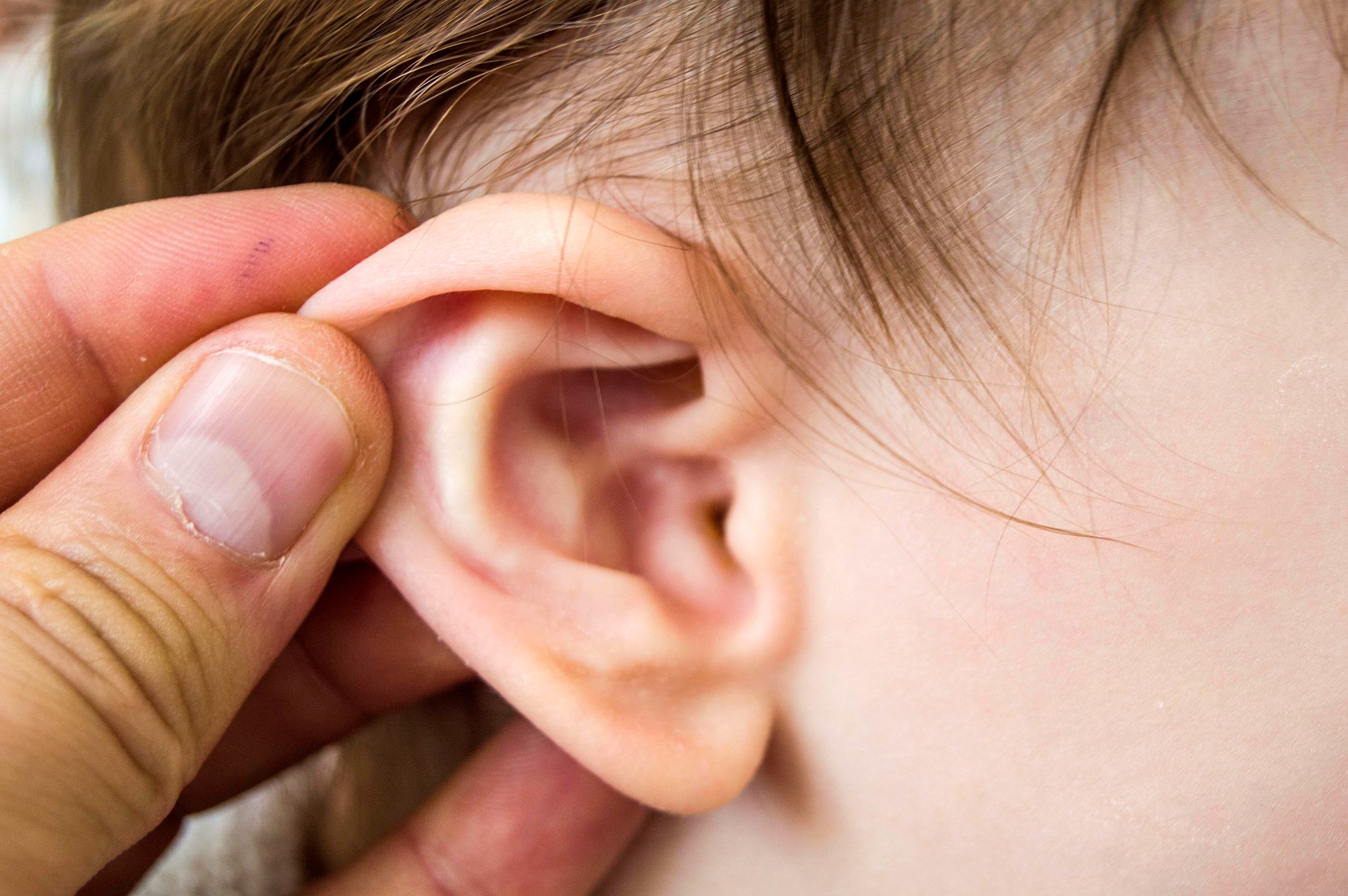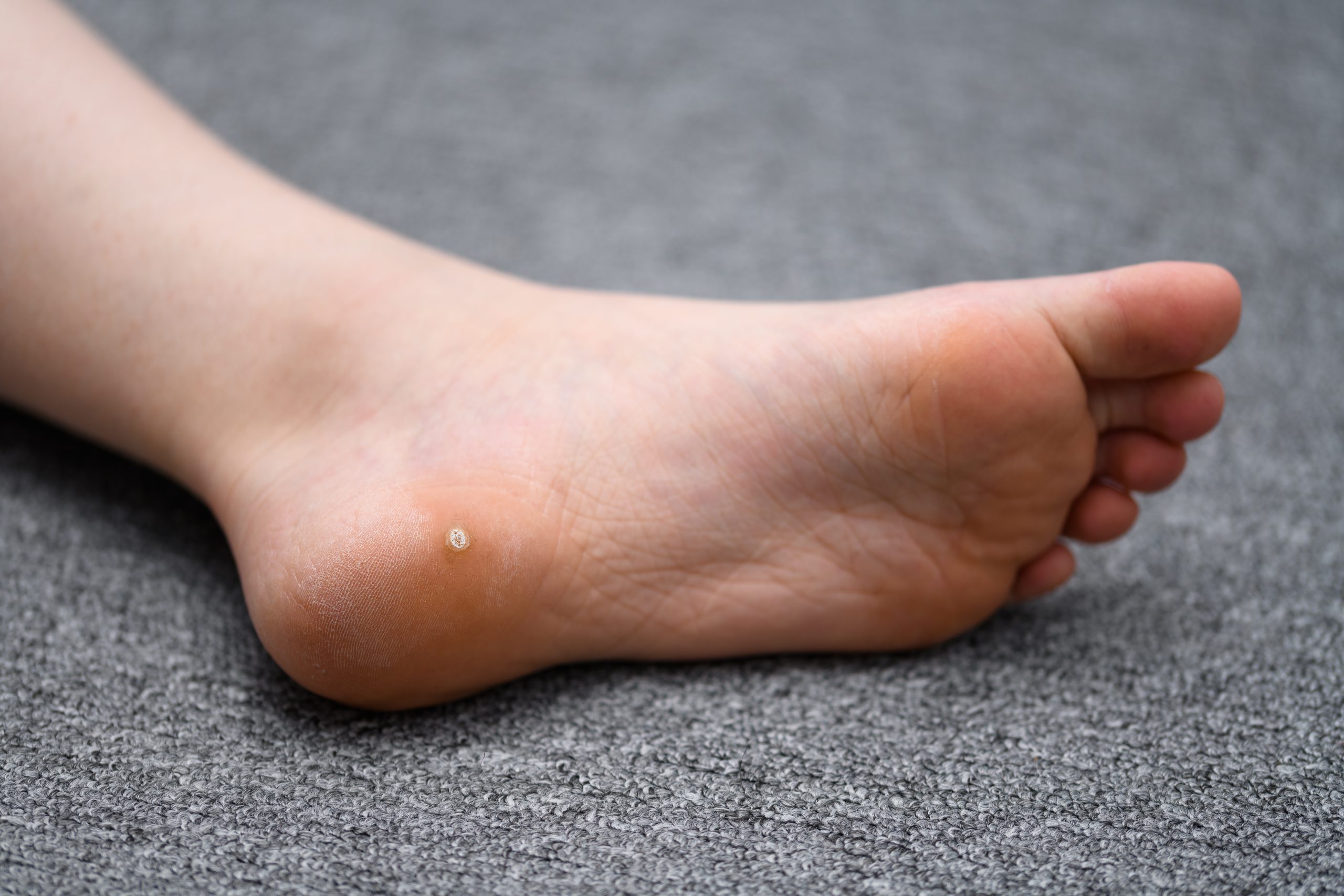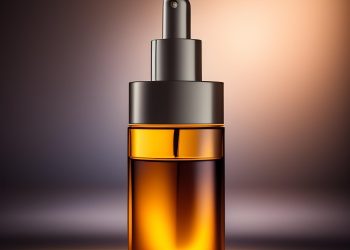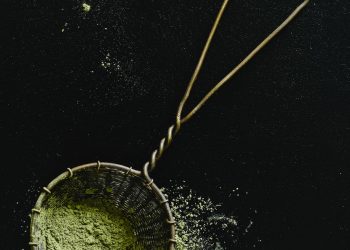Ear infection is painful and distressing.
Although this type of infection can occur at any age, it is more common in children than adults.
In fact, it affects five out six children three years old and below [1].
We have 10 quick home remedies that will help you get rid of your ear infections very easily.
Read further to know more about:
- What actually are ear infections and what causes them
- 10 home remedies for ear infections
- Questions and answers regarding the topic
- Some tips and precautions
RELATED: 7 Ways of Using Olive Oil for Ear Infection
Ear Infection and the Reasons Behind it
Also called acute otitis media, it is a viral or bacterial infection that causes the middle ear to become inflamed [2].
Children have shorter Eustachian tubes in their ear, which allows harmful microorganisms to enter their middle ear [2].
Up to 85 percent of acute ear infections are caused by bacteria such as Hemophilus influenza and Streptococcus pneumoniae [2].
Natural Remedies For Ear Infection and Pain
Get immediate relief from pain, inflammation and fluid build-up inside the ear using these practical natural remedies.
1. Garlic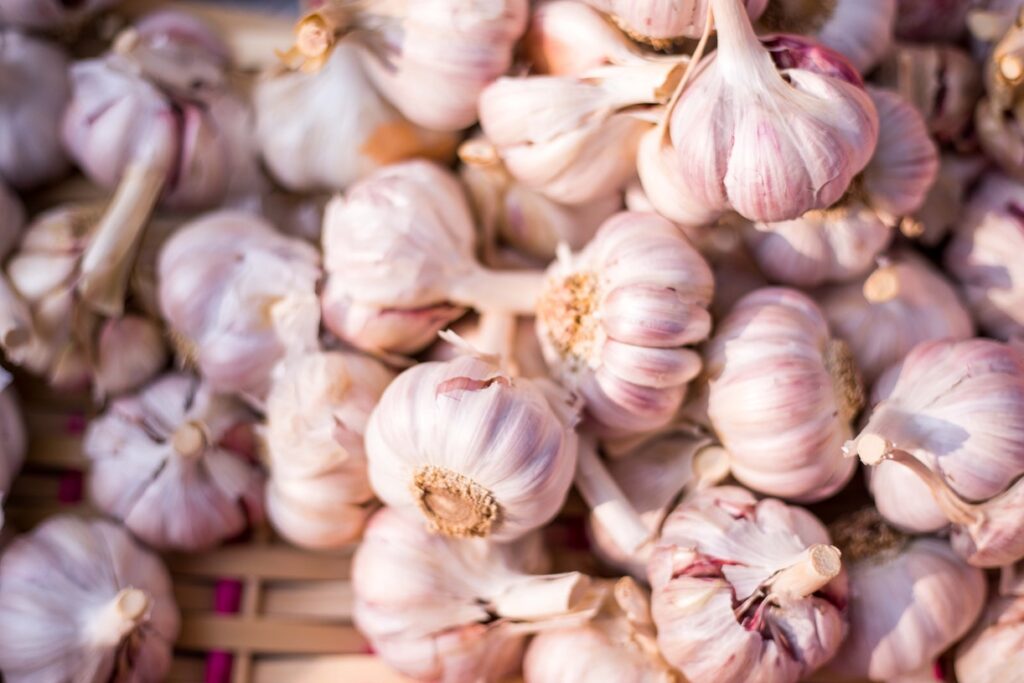
Throughout history, garlic has been used a natural medicine to curb a wide range of ailments.
Many of the health problems it successfully treats are those caused by pathogenic microbes.
For an ear infection, garlic is also said to be one of the most effective natural remedies.
Its active ingredient called allicin exhibits antibacterial, antimicrobial and antiviral properties [3].
It can combat even those bacteria that have become resistant to antibiotics, making it an ideal solution for recurrent cases of ear infection [3].
Research from the Washington State University revealed that garlic is actually 100 times more potent than antibiotics in killing certain types of bacteria [4].
In another study that can be found in the Ethiopian Medical Journal, it was reported that garlic extract completely suppressed the activities of Streptococcus pneumoniae [5].
What You’ll Need:
- 3 cloves of garlic
- 1/8 teaspoon of salt
Recommended Directions:
- Boil garlic in water.
- Crush and add salt.
- Dab clean cloth into the mixture.
- Press the clean cloth against the infected ear.
Key Takeaways:
Allicin, an active ingredient of garlic contains some strong properties that contribute greatly in treating ear infections.
2. Onion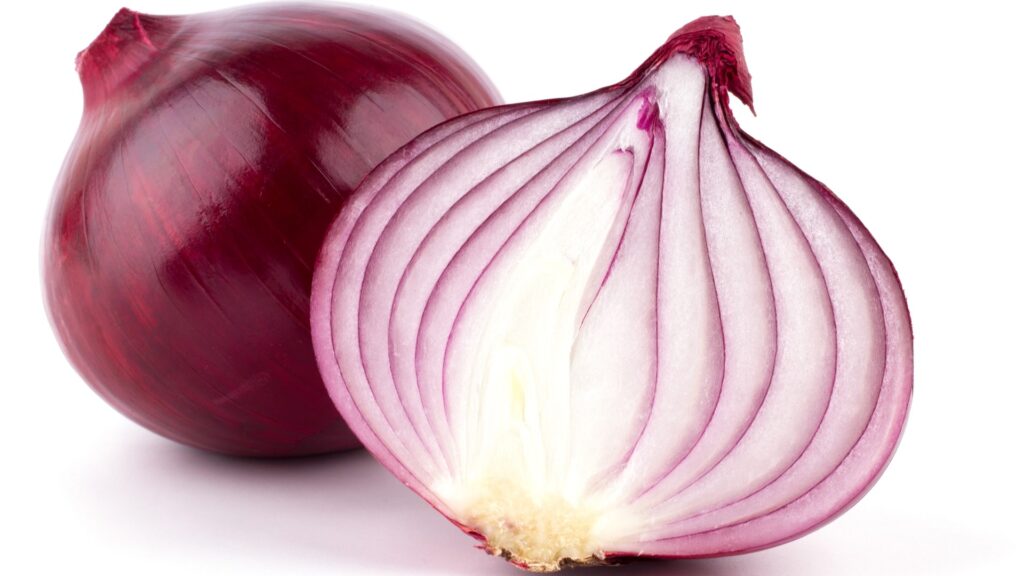
Like garlic, onion is also replete with medicinal uses.
Onion is rich in phytochemicals that boost the body’s immune defense.
Its chromium, meanwhile, is known to be effective in managing levels of blood sugar.
Plus, it has been used since the ancient times to treat infections and tone down inflammation.
That’s not all. Several studies have also shown onion’s powerful antibacterial properties that make it a suitable treatment for bacterial infections [6, 7].
That’s because onions are rich in sulfur compounds as well as quercetin flavonoid, which can help combat bacteria. [8].
What You’ll Need:
- 1 onion, chopped
Recommended Directions:
- Put chopped onion in a microwavable bowl.
- Microwave it for two minutes.
- Let it cool.
- Strain out the juice.
- Use a dropper to pour two drops of onion juice into the infected ear.
- Leave it for a few minutes before turning your head to drain the juice out of your ear.
Key Takeaways:
The anti-infection, antibacterial and anti-inflammatory properties of onion make it a great ally in the treatment of ear infections and to provide necessary protections to the ears from further damage.
3. Salt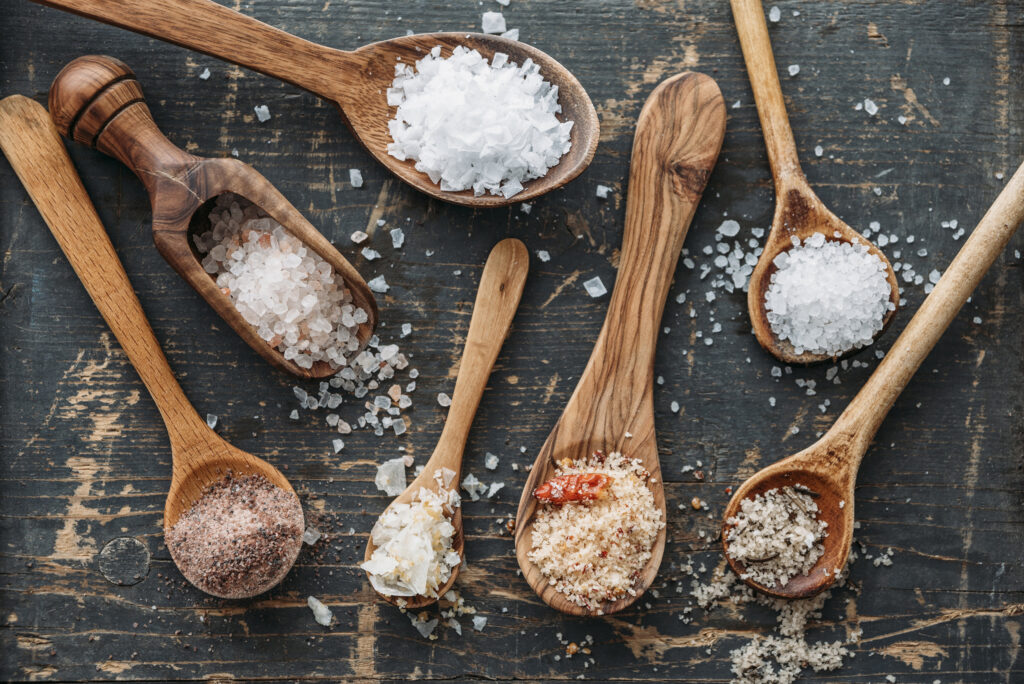
Most people see salt as nothing but a table condiment.
What they don’t know is that salt actually contains 60 trace minerals that are necessary for hydration.
It also has high levels of sodium and electrolytes like magnesium.
If you or anyone you know is suffering from an ear infection, salt is a viable remedy.
Salt has long been used as an antimicrobial agent.
Various studies have been conducted to demonstrate salt’s antimicrobial and antibacterial properties [8, 9, 10].
A 2015 study published in the Cell Metabolism journal reported that salt can help control infection and at the same time, boost immune resistance [11].
It works by providing a barrier to protect against invasion of harmful microbes [11].
It also powers up the immune resistance by stimulating the macrophages, a type of infection-fighting white blood cell [11].
What You’ll Need:
- 1 cup of salt
Recommended Directions:
- Put salt in a pan over low heat.
- After a few minutes, remove from heat.
- Transfer warmed salt on a cloth and tie a knot to seal.
- Place the salt cloth on the affected ear for 10 minutes.
Key Takeaways:
Salt acts as a barrier for your ears to protect them from any kind of damage while its antimicrobial and antibacterial properties treat the ear infections boosting your immune system.
4. Tea Tree Oil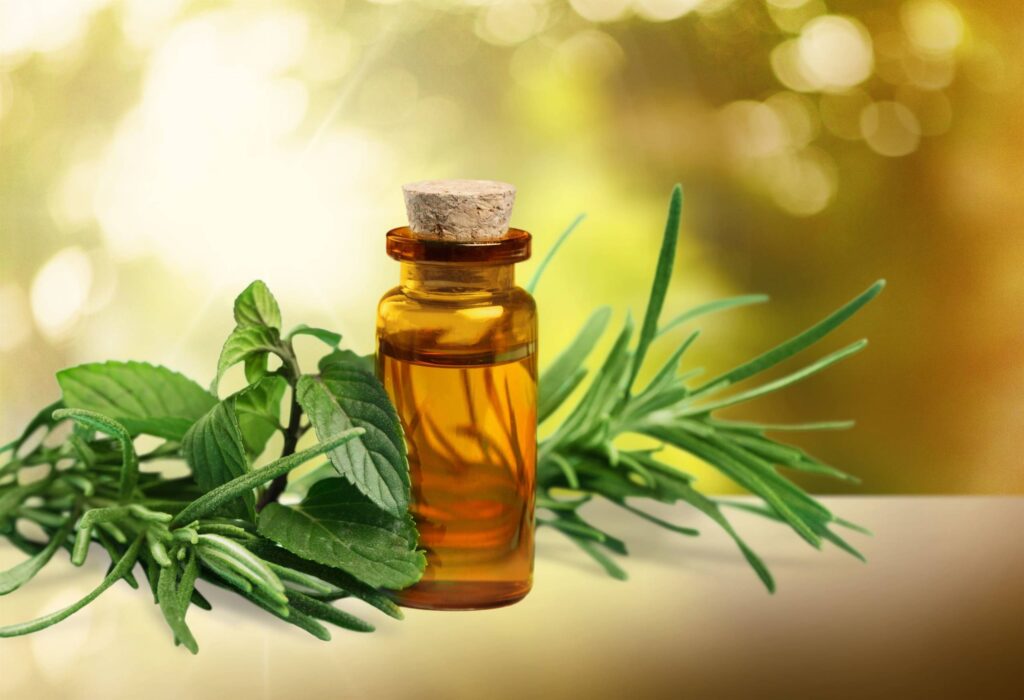
Here’s a quick look at tea tree oil’s extensive benefits for the health:
It promotes skin health and gets rid of blemishes like acne, treats cold sores and chicken pox, alleviates infections affecting the respiratory tract, and combat fungal infections, among others.
A 2002 study also confirmed tea tree oil’s “broad-spectrum antimicrobial activity” [12].
This means that it can fight off a wide range of pathogens including viruses, bacteria, and fungi [12].
Its most active antibacterial compound is terpinen-4-of [12].
In another study, it is said that tea tree oil shows potential as a treatment for an ear infection and swimmer’s ear [13].
Animal subjects with ear infections were given 2 percent tea tree oil diluted in saline solution [13].
The mixture successfully toned down the infection without causing other adverse reactions [13].
This shows that tea tree oil’s bactericidal properties can control the infection, and thereby, provide immediate relief from the pain.
What You’ll Need:
- 3 drops of tea tree oil
- 2 tablespoons of olive oil
- 1 teaspoon of colloidal silver
- 1 teaspoon of apple cider vinegar
Recommended Directions:
- Mix all the ingredients in a bowl.
- Transfer mixture to a pan and put it over low heat.
- Use a dropper to pour mixture into your ear.
- Wait for five minutes before turning your head to drain it out.
- Do this three times a day for two days.
Key Takeaways:
Tea tree oil inherits some great properties that both treat your ear infections and ensure relief to them.
RELATED: 12 Incredible Health Benefits of Tea Tree Oil (Backed by Evidence)
5. Elderberry
Here’s a surprising fact about elderberry:
It surpasses cranberries, blueberries, and blackberries when it comes to antioxidant content, particularly flavonols [14].
For centuries, elderberry syrup has been used to treat colds, flu, and nasal congestion [14].
It is known for its medicinal purposes thanks to its antibacterial, antiviral and anti-inflammatory effects [15].
All these properties make it a practical natural remedy for ear infection.
Just take note that there are various species of elderberry.
The European elderberry, also known as black elderberry, is most commonly used as traditional medicine.
Stay away from dwarf elderberry, which has been found to have toxic substances.
Raw and unripe elderberries, meanwhile, has a poisonous chemical that’s similar to cyanide.
What You’ll Need:
- 1 cup of ripe elderberries
- 2 cups of water
- 1 tablespoon of ginger, grated
- 1 cup of honey (optional)
Recommended Directions:
- Put all the ingredients except honey in a pot.
- Place pot over medium heat.
- Bring to a boil.
- Reduce heat and simmer for 45 minutes.
- Strain out the liquid.
- Let it cool.
- Add honey (Skip this step if the child using the remedy is below one year old).
- Transfer syrup in a glass jar.
- Drink one tablespoon a day.
Key Takeaways:
Elderberries possess some great antioxidants and powerful properties that make it a wonderful remedy for ear infections.
6. Mullein Flower Oil
A cough, congestion, bronchitis, sinusitis, asthma, influenza and urinary tract infections are just a few of the many ailments that can be resolved with the use of mullein flower oil.
In 2001, researchers investigated the efficacy of an herbal ear drop for treating ear infection [16].
Mullein flower oil was one of the key ingredients in the product, along with garlic, calendula, and St. John’s wort [16].
A total of 100 children between the ages of six and 18 who suffer from ear pain and infection participated in the study [16].
The participants were divided into two groups, the first of which received the herbal product while the other was given anesthetic ear drops [16].
Findings revealed that this solution worked just as well as analgesic medications in providing pain relief and reducing inflammation [16].
A similar study published in the Pediatrics Journal echoed the results [17].
In this study, 171 children with ear infections were randomized to be treated with either an herbal product with mullein flower oil or anesthetic ear drops [17].
Application of the mullein flower oil drops resulted in greater reduction in pain and swelling [17].
What You’ll Need:
- 1/4 cup of dried mullein flower
- 1/2 cup of olive oil
Recommended Directions:
- Place flowers in a glass jar sealed with a lid.
- Let it sit in a warm spot for a few days.
- Use cheesecloth to strain the oil.
- Transfer oil in a dropper bottle.
- Store inside the refrigerator.
- Before using, place the bottle in a glass of hot water.
- Pour two to three drops of oil in the infected ear three times a day.
Key Takeaways:
Mullein flower oil helps in treating ear infections by reducing the inflammation, pain, swelling and irritation that are accompanied by them.
7. Basil Oil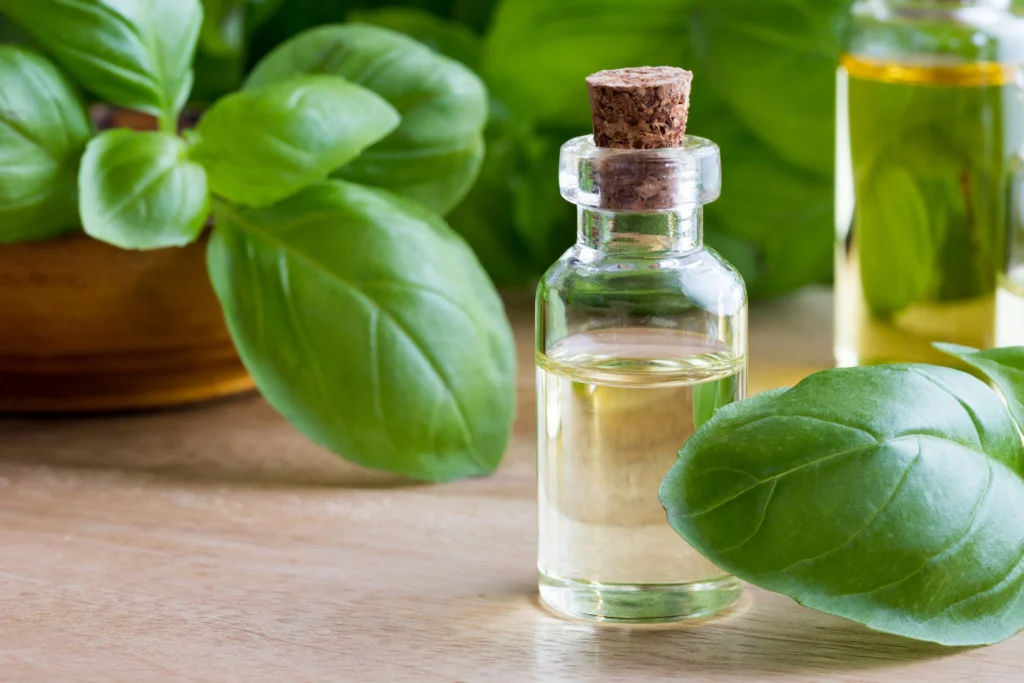
Its array of healing properties earned it the nickname “holy basil”.
When you’re in pain, you can apply basil on affected joints and muscles to feel better.
If you suffer from an ear infection, you can also turn to this oil for quick relief.
According to a study published in the Journal of Infectious Diseases, application of basil essential oil in the external ear can help treat ear infection [18].
Basil can fight off infection and relieve ear aches with its “rapid antibacterial effect” [18].
In fact, it can neutralize the activities of Streptococcus pneumonia and Hemophilus influenza by up to 75 percent within a short period [18].
What You’ll Need:
- 4 drops of basil essential oil
- 8 drops of coconut oil
Recommended Directions:
- Combine the two ingredients.
- Dab a cotton ball and pour a few drops inside the ear around the ear canal.
- Do this twice a day.
Key Takeaways:
The great antibacterial properties of basil essential oil make it one of the best remedies of ear infections as its use can both treat infections and promote quick relief to your ears.
8. Lavender Oil
Like basil, lavender oil is also touted for its numerous benefits for the health.
Many people are aware how lavender oil can efficiently ameliorate stress levels, and provide the relaxation effects badly needed in today’s high-stress times.
Lavender oil can also reduce pain in ear infections by calming the senses and improving blood flow.
Since it’s also a potent antibacterial agent, it’s also an excellent way to get rid of earache caused by bacterial infection.
What You’ll Need:
- 3 to 5 drops of lavender essential oil
- Basin of hot water
Recommended Directions:
- Soak a clean cloth in hot water.
- Squeeze out excess water.
- Pour essential oil onto the cloth.
- Press gently on the affected ear.
Key Takeaways:
The use of lavender oil prevents infections and induces proper blood flow which helps in calming down your pain and discomfort.
RELATED: 11 Health Benefits of Lavender Oil That You Should Know
9. Thyme Oil
As it turns out, thyme is more than just an herb to spice up your dishes.
Its oil extract has been found to have various pharmacological effects that people can take advantage of.
Numerous studies verify the antibacterial and anti-fungal properties of thymol, the active compound in thyme oil [19, 20, 21, 22].
Meanwhile, a clinical trial probing the efficacy of an herbal solution containing thyme oil found that it provides immediate relief from pain and infection [23].
What You’ll Need:
- 2 drops of thyme essential oil
- 2 drops of lavender essential oil
- 1 tablespoon of almond oil
Recommended Directions:
- Mix essential oils in a bowl.
- Soak a cotton ball into the oil mixture.
- Plug cotton ball in your ear.
- Leave it on for five minutes.
- Remove the cotton ball and turn head to drain liquid.
Key Takeaways:
Use thyme essential oil to clear the infection and get relief from the pain and swelling that are associated with it.
10. Olive Oil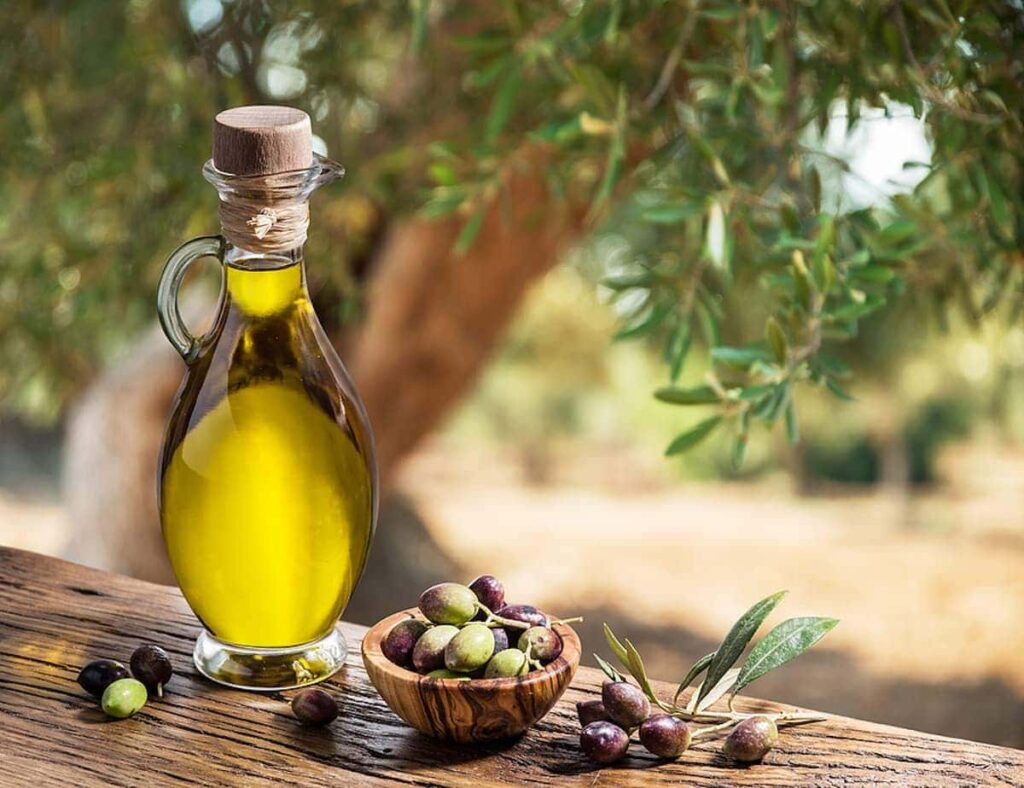
Don’t you just love adding olive oil to your salad, or using it in your cooking?
This oil, which is one of the healthiest in the world, is also a versatile home remedy that can cure many diseases including infections inside the ear.
Olive oil relieves ear infection by clearing the obstruction in the middle ear caused by bacteria or fungi.
It has been well established that olive oil has potent antibacterial and anti-fungal properties [24, 25].
Thanks to its antioxidant oleocanthal, it can quickly tone down swelling and pain [26].
What You’ll Need:
- 1 tablespoon of olive oil
Recommended Directions:
- Put olive oil in a pan over low heat.
- Warm it for a few minutes.
- Let it cool until it’s bearable to touch.
- Pour a few drops of warm olive oil into the affected ear.
- Turn head to drain.
Key Takeaways:
The anti-fungal and antibacterial properties of olive oil make it a must have as a remedy for your ear infections; also the great antioxidants of the oil help to promote relief to your ears.
RELATED: How to Use Olive Oil for Skin Health Boost
11. Probiotics and Vitamin D
Probiotics are both complementary and alternative medications to relieve ear infections.. (13)
In case you are down with an ear infection, one of the primary concerns would be to boost your immune defense of the body. Probiotics are superb food when it comes to aiding your immune system.
You can avail probiotics supplements from the medical stores or add probiotic foods to your daily diet. Some of the effective probiotic foods are coconut kefir, yogurt, kimchi, kombucha, etc.
Probiotics are a source of good bacteria for the body. The best part of consuming probiotics is that these act as a preventive agent against ear infections. The strains of good bacteria that probiotics help to occur inside the body can fight against ear infections and related symptoms.
Vitamin D improves your immune defense in the same manner as do the probiotics. A recent study published in the journal Acta Paediatrica states the beneficial effects of vitamin D against ear infection.
What You’ll Need:
- Probiotics rich food
- Vitamin D rich foods, supplements
Recommended Directions:
- Add probiotics and vitamin- rich food to your diet.
- Bask in the sun and allow your skin to consume vitamin D.
- Probiotics helps prevent ear infections in infants, toddlers, and children.
Key Takeaways:
Both probiotics and vitamin D boost your immune system to prevent ear infections.
Some Tips And Precautions
- Drink lots of freshwaters as water helps in clearing mucus.
- Eat fishes that are rich in omega-3 fatty acids.
- Eat fruits and vegetables that are high in vitamin C.
- Avoid conventional dairy products.
- Avoid foods that cause allergic reactions to you.
- Avoid processed foods.
- Increase the intake of good and lean proteins.
- Maintain good hygiene.
- Consult a doctor if the infections get severe or cause any other serious problems.
Some Q&A About Ear Infection
Q. How can you cure an earache?
A. To get rid of your earache, warm up some baby oil underwater and put a few drops on your ears to ease them.
Q. Can ear pain cause pain in your jaws?
A. Yes, ear pain can even cause pain in the jaws but this goes away along with the infection.
Q. Can one have blocked ears along with ear infections?
A. Yes, ear infections can result in the blocking of the ears. The inflammation, swelling, and mucus in the Eustachian tubes mainly cause this problem.
Q. What are the general causes of an ear infection?
A. Apart from the eustachian tubes being blocked, an ear infection can occur due to:
- Any type of allergies
- A cold
- Sinus infections
- Excess mucus
- Infected or swollen adenoid tissues in the neck
Q. What are the common symptoms of ear infections?
A. Usually, all type of ear infections has very common symptoms. These are:
- a mild or severe pain inside the ears
- a persistent feeling of pressure inside the ears
- a pus-like drainage from the ears
- a loss in hearing
Q. Are there any long-term complications due to ear infections?
A. If you took too long to get a cure for your ear infection then a few things may happen in the long run. These are:
- a loss in hearing
- in case of children, speech or language delay
- the mastoid bone in the skill being infected
- meningitis
- a ruptured eardrum
Q. What are the common types of ear infections?
A. There are mainly two types of ear infections:
- Outer ear canal infection
- Middle ear infection with tubes
Conclusion
Ear infection can be extremely painful and annoying.
It can prevent you from functioning normally.
In babies and kids, it can result in incessant crying.
Resolve this condition right away with the help of these easy but effective home remedies.
Hope this article was helpful to you. Please share this with anyone who is suffering from an ear infection.
Don’t forget to share your experience with us by commenting in our comment section below.
Also if you have any questions or confusion regarding this article, feel free to ask us.
READ MORE: 11 Easy Home Remedies for Earache (with Step-by-Step Uses)
